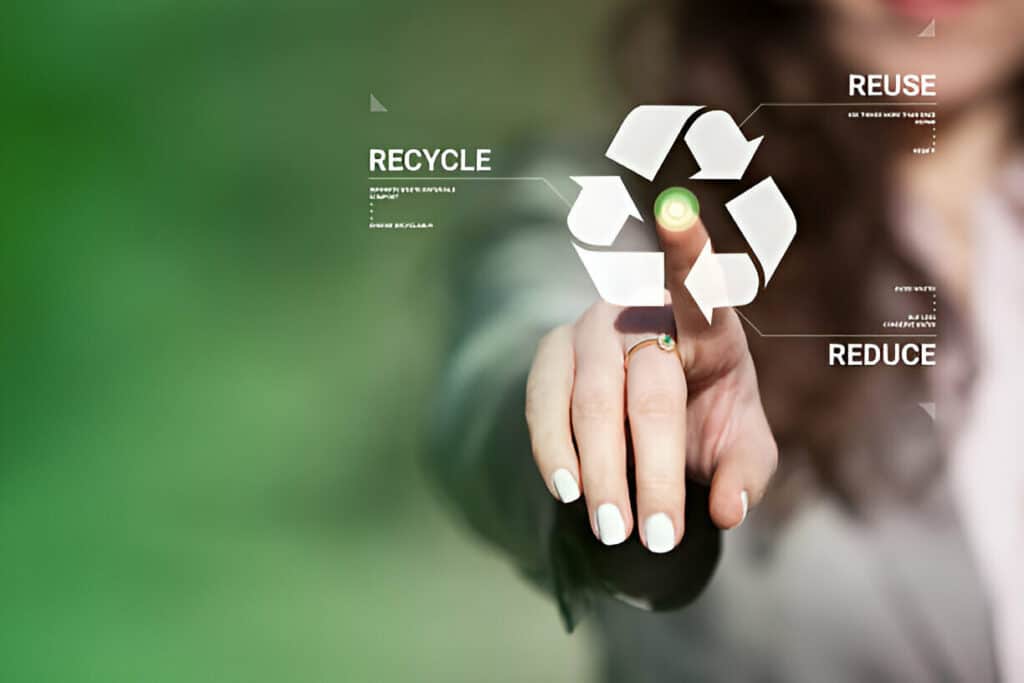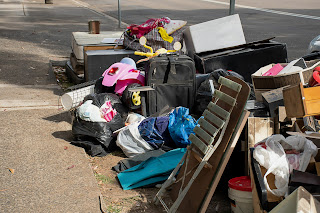Sustainable Living Guide: Efficient Household Waste Disposal.
Effective management of household waste is crucial for maintaining environmental sustainability and promoting community well-being. Every household generates waste daily, ranging from food scraps to packaging materials, which, if improperly disposed of, can have significant environmental consequences. Adopting responsible Household Waste Disposal in Dubai practices not only minimizes environmental impact but also supports resource conservation and reduces landfill usage.

Segregation and Sorting: Proper waste segregation is the first step towards efficient disposal. By separating recyclables such as paper, plastics, glass, and metals from general waste, households can facilitate recycling processes. Composting organic waste like food scraps and yard trimmings further reduces landfill waste and produces nutrient-rich soil for gardens.
Reduce and Reuse: The principles of "reduce" and "reuse" are integral to waste management. Minimize waste generation by opting for products with minimal packaging and choosing durable goods over disposable ones. Reuse items like glass jars and shopping bags whenever possible to extend their lifespan and decrease demand for new resources.
Safe Disposal of Hazardous Materials: Certain household items, such as batteries, paints, and electronic devices, contain hazardous materials that require special handling. Local hazardous waste collection programs or drop-off centers provide safe disposal options for these items, preventing environmental contamination and ensuring worker safety.
Investing in Recycling Infrastructure: Supporting community recycling programs and initiatives encourages proper waste disposal practices. Many municipalities offer curbside recycling services or recycling centers where residents can drop off recyclables. By participating in these programs, households contribute to the circular economy by returning materials back into production cycles.
Educational Outreach and Awareness: Educating household members about the importance of responsible waste disposal fosters a culture of sustainability within communities. Simple actions such as teaching children to recycle or informing neighbors about local recycling guidelines can significantly enhance waste management efforts.
Advantages of Responsible Waste Disposal: Implementing effective waste disposal practices yields numerous benefits. It conserves natural resources by reducing the need for raw materials, lowers greenhouse gas emissions associated with landfill decomposition, and minimizes pollution of soil and water resources. Additionally, efficient waste management supports job creation in recycling industries and reduces municipal waste management costs over time.
Challenges and Solutions: Despite the benefits, challenges such as limited recycling infrastructure and public awareness persist. Addressing these challenges requires investment in improved recycling facilities, public education campaigns, and policy support for sustainable waste management practices.
Conclusion: In conclusion, responsible Household Waste Disposal in Dubai is essential for environmental sustainability and community health. By adopting practices such as waste segregation, recycling, and reducing consumption, households can significantly reduce their ecological footprint and contribute to a cleaner, healthier planet for future generations. Through collective efforts and informed choices, individuals play a crucial role in shaping a more sustainable world.


Comments
Post a Comment